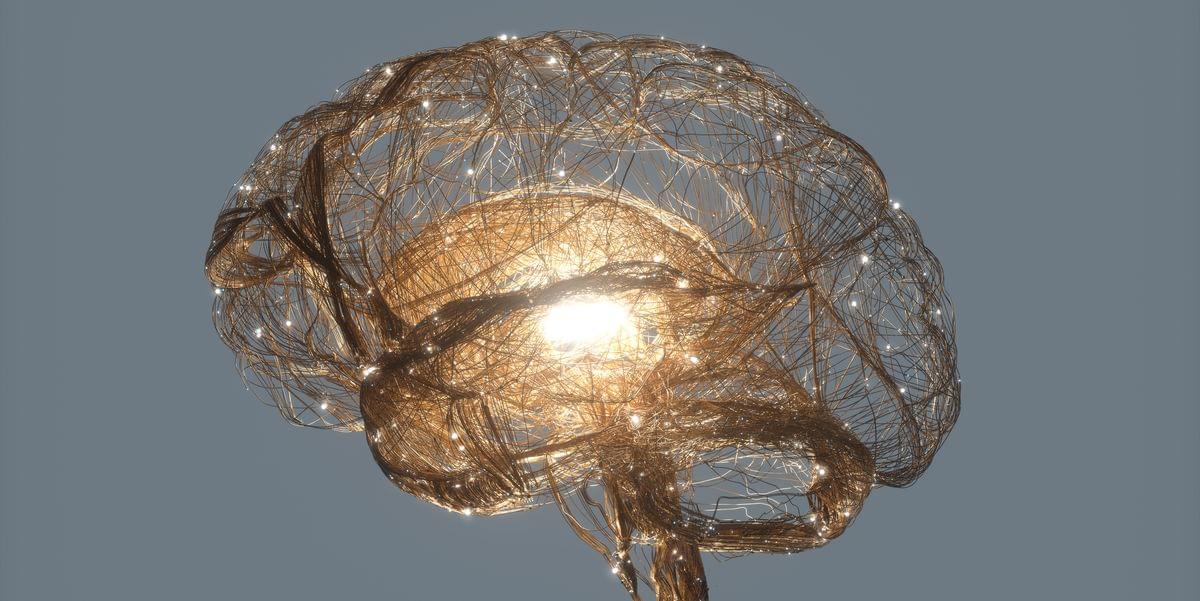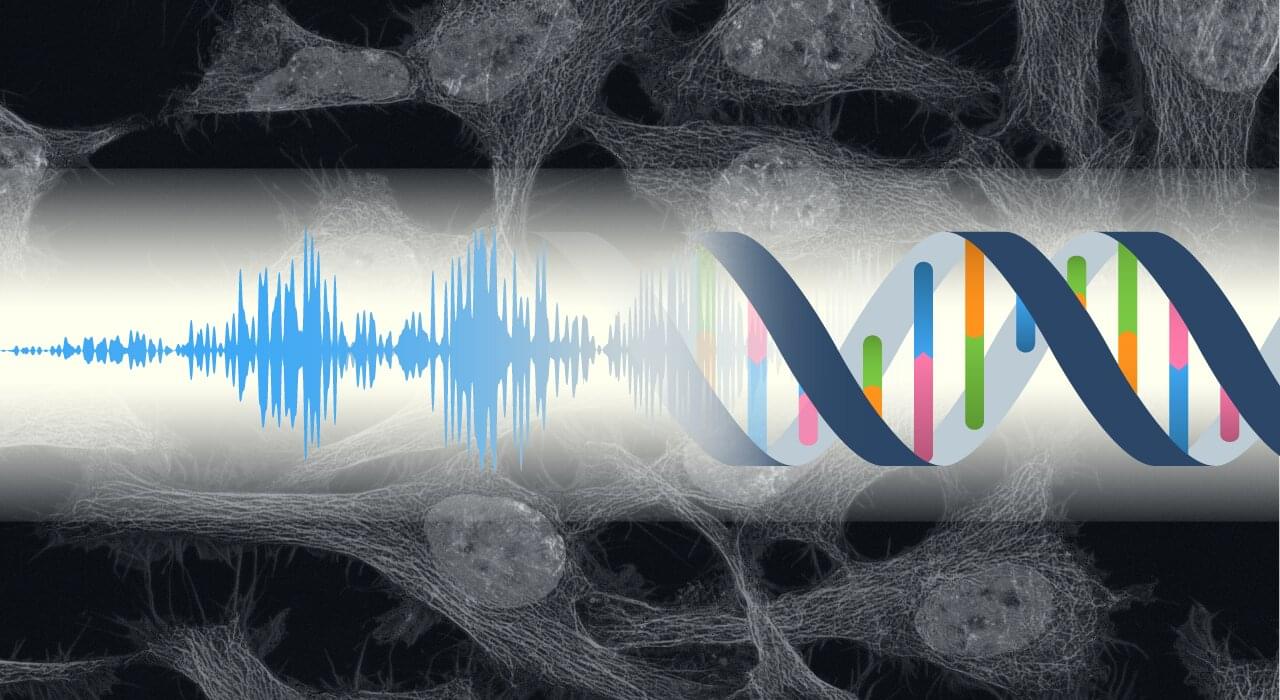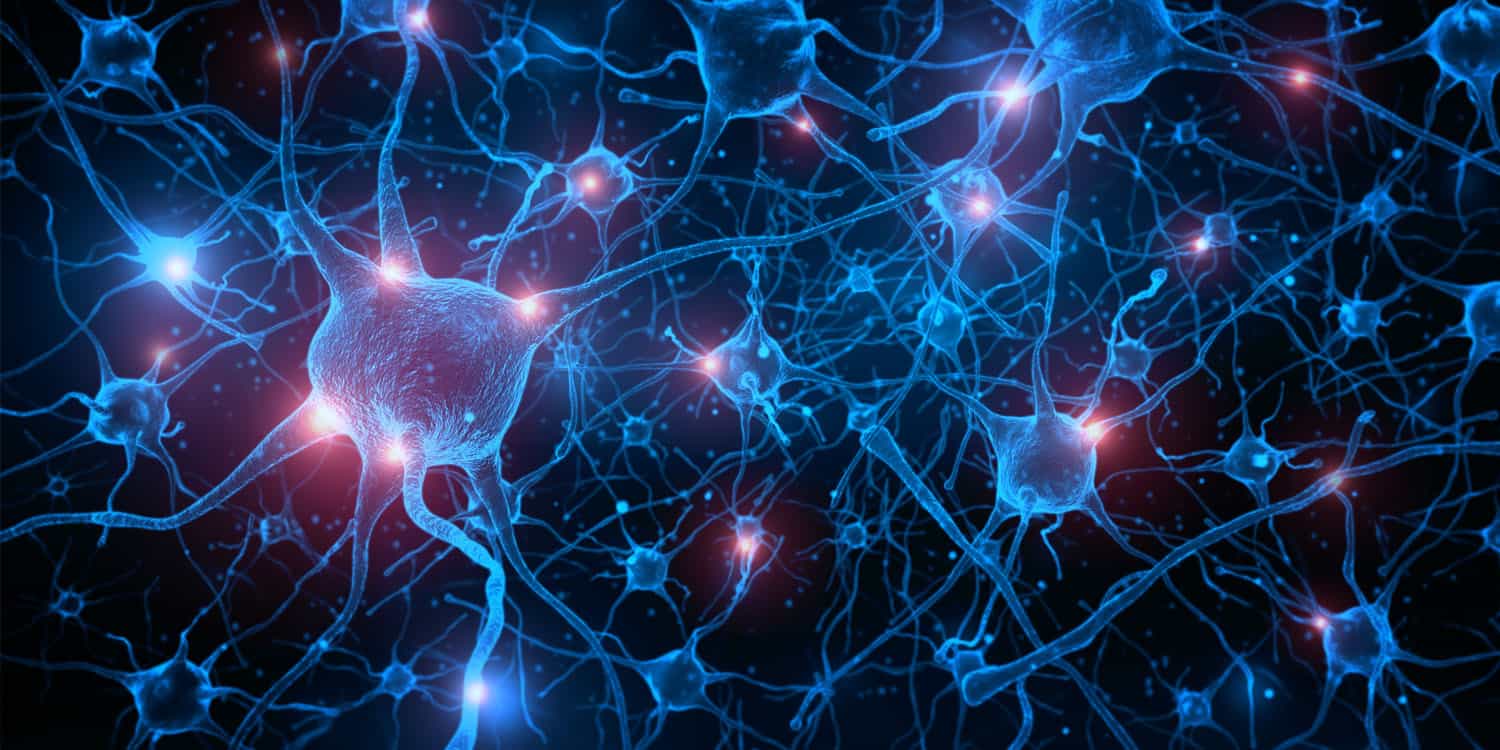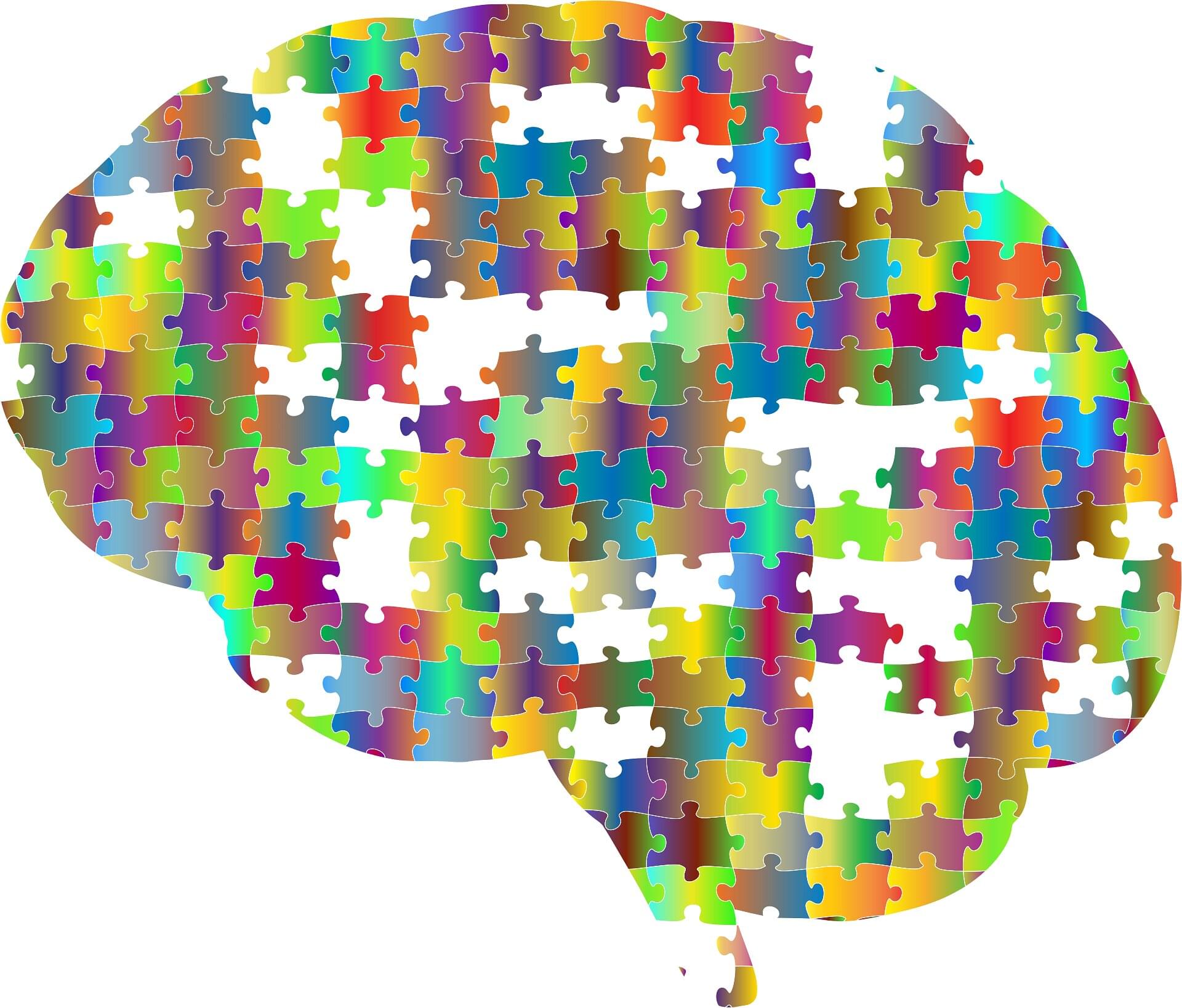Listening to favorite music activates the brain’s opioid system, which is involved in feelings of pleasure and pain relief, according to a new PET imaging study.


Learn data science using real world examples on Brilliant! First 30 days are free and 20% off the annual premium subscription when you use our link ➜ https://brilliant.org/sabine.
We still don’t know what “consciousness” actually means. But in a new study, researchers have used the equations of quantum mechanics to determine a brain’s “criticality,” a measure which allows them to separate waking brains from sleeping ones. I think they’re onto something. Let’s take a look.
Paper: https://journals.aps.org/pre/abstract… Check out my new quiz app ➜ http://quizwithit.com/ 💌 Support me on Donorbox ➜ https://donorbox.org/swtg 📝 Transcripts and written news on Substack ➜ https://sciencewtg.substack.com/ 👉 Transcript with links to references on Patreon ➜ / sabine 📩 Free weekly science newsletter ➜ https://sabinehossenfelder.com/newsle… 👂 Audio only podcast ➜ https://open.spotify.com/show/0MkNfXl… 🔗 Join this channel to get access to perks ➜
/ @sabinehossenfelder 🖼️ On instagram ➜
/ sciencewtg #science #sciencenews #consciousness.
🤓 Check out my new quiz app ➜ http://quizwithit.com/
💌 Support me on Donorbox ➜ https://donorbox.org/swtg.
📝 Transcripts and written news on Substack ➜ https://sciencewtg.substack.com/
👉 Transcript with links to references on Patreon ➜ / sabine.
📩 Free weekly science newsletter ➜ https://sabinehossenfelder.com/newsle…
👂 Audio only podcast ➜ https://open.spotify.com/show/0MkNfXl…
🔗 Join this channel to get access to perks ➜
/ @sabinehossenfelder.
🖼️ On instagram ➜ / sciencewtg.
#science #sciencenews #consciousness

American composer Alvin Lucier was well-known for his experimental works that tested the boundaries of music and art. A longtime professor at Wesleyan University (before retiring in 2011), Alvin passed away in 2021 at the age of 90. However, that wasn’t the end of his lifelong musical odyssey.
Earlier this month, at the Art Gallery of Western Australia, a new art installation titled Revivification used Lucier’s “brain matter”—hooked up to an electrode mesh connected to twenty large brass plates—to create electrical signals that triggered a mallet to strike the varying plates, creating a kind of post-mortem musical piece. Conceptualized in collaboration with Lucier himself before his death, the artists solicited the help of researchers from Harvard Medical School, who grew a mini-brain from Lucier’s white blood cells. The team created stem cells from these white blood cells, and due to their pluripotency, the cells developed into cerebral organoids somewhat similar to developing human brains.

There’s a sensation that you experience—near a plane taking off or a speaker bank at a concert—from a sound so total that you feel it in your very being. When this happens, not only do your brain and ears perceive it, but your cells may also.
Technically speaking, sound is a simple phenomenon, consisting of compressional mechanical waves transmitted through substances which exist universally in the non-equilibrated material world. Sound is also a vital source of environmental information for living beings, while its capacity to induce physiological responses at the cell level is only just beginning to be understood.
Following on from previous work from 2018, a team of researchers at Kyoto University have been inspired by research in mechanobiology and body-conducted sound—the sound environment in body tissues —indicating that acoustic pressure transmitted by sound may be sufficient to induce cellular responses.


Modern brain–computer interfaces (BCI), utilizing electroencephalograms for bidirectional human–machine communication, face significant limitations from movement-vulnerable rigid sensors, inconsistent skin–electrode impedance, and bulky electronics, diminishing the system’s continuous use and portability. Here, we introduce motion artifact–controlled micro–brain sensors between hair strands, enabling ultralow impedance density on skin contact for long-term usable, persistent BCI with augmented reality (AR). An array of low-profile microstructured electrodes with a highly conductive polymer is seamlessly inserted into the space between hair follicles, offering high-fidelity neural signal capture for up to 12 h while maintaining the lowest contact impedance density (0.03 kΩ·cm−2) among reported articles. Implemented wireless BCI, detecting steady-state visually evoked potentials, offers 96.4% accuracy in signal classification with a train-free algorithm even during the subject’s excessive motions, including standing, walking, and running. A demonstration captures this system’s capability, showing AR-based video calling with hands-free controls using brain signals, transforming digital communication. Collectively, this research highlights the pivotal role of integrated sensors and flexible electronics technology in advancing BCI’s applications for interactive digital environments.


A team of researchers at UCL and UCLH have identified the key brain regions that are essential for logical thinking and problem solving.
The findings, published in Brain, help to increase our understanding of how the human brain supports our ability to comprehend, draw conclusions, and deal with new and novel problems—otherwise known as reasoning skills.
To determine which brain areas are necessary for a certain ability, researchers study patients with brain lesions (an area of damage in the brain) caused by stroke or brain tumors. This approach, known as “lesion-deficit mapping,” is the most powerful method for localizing function in the human brain.

